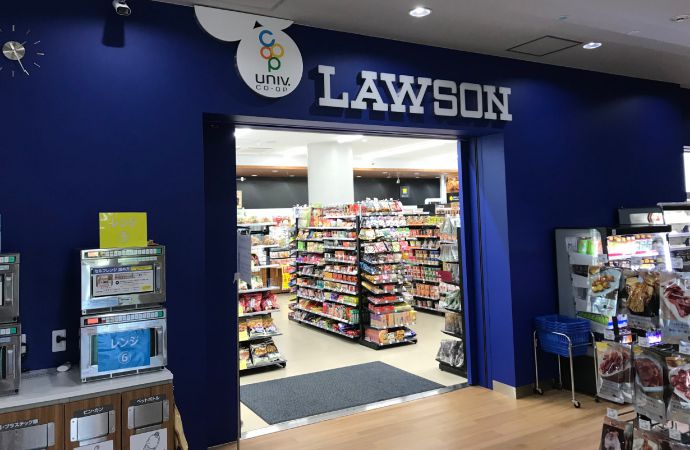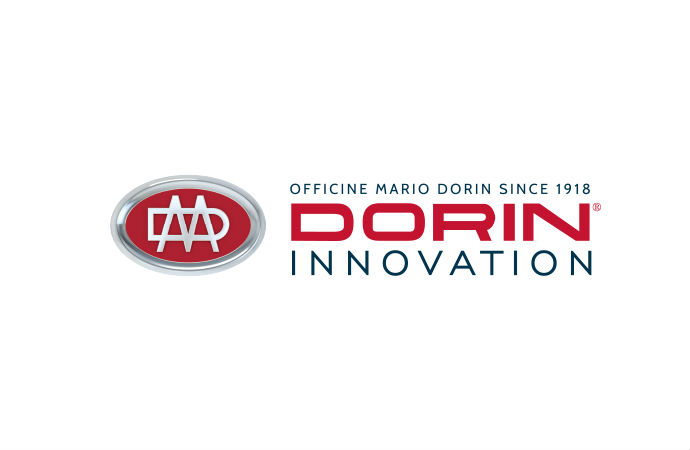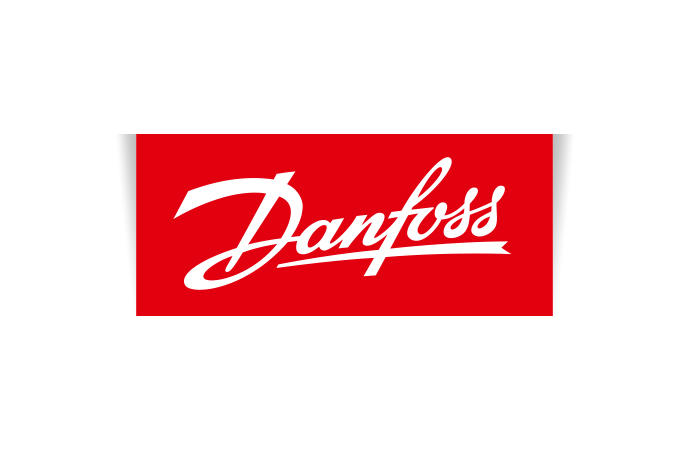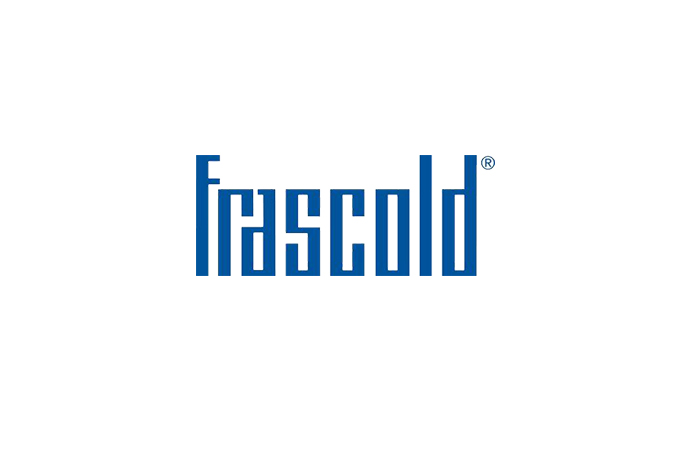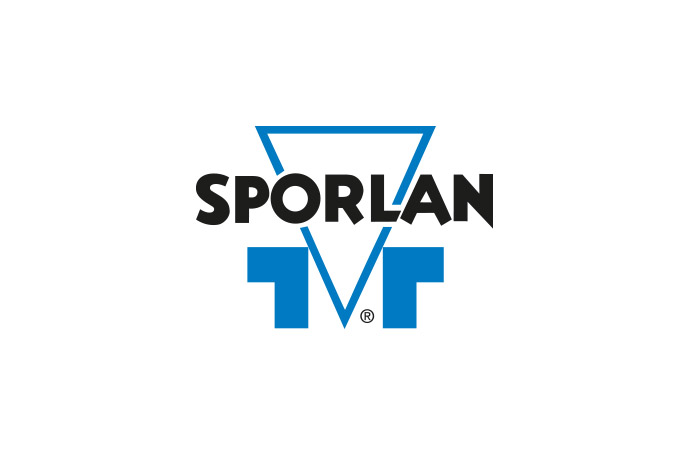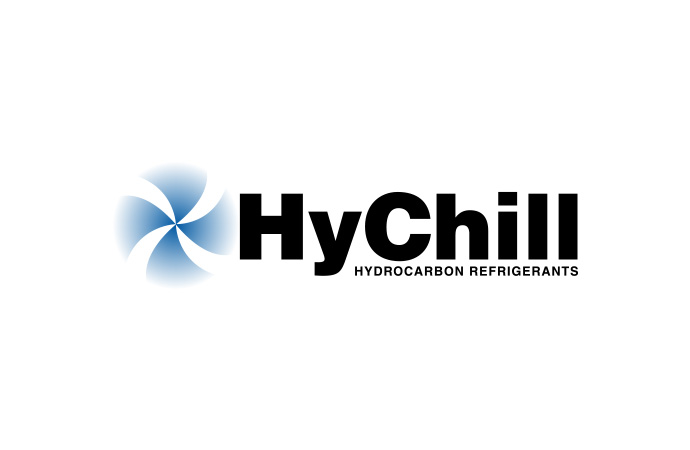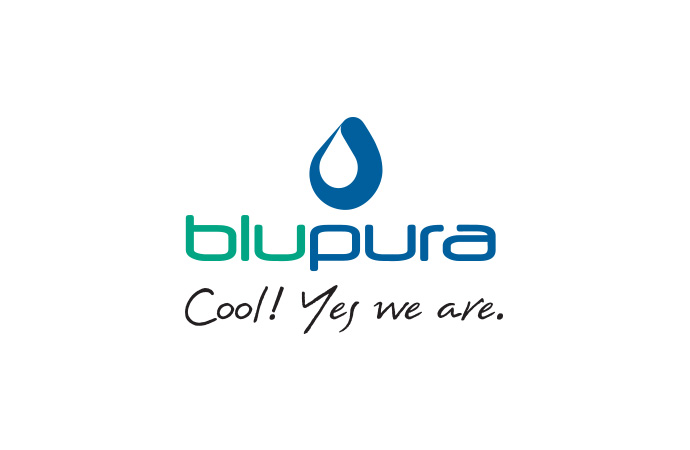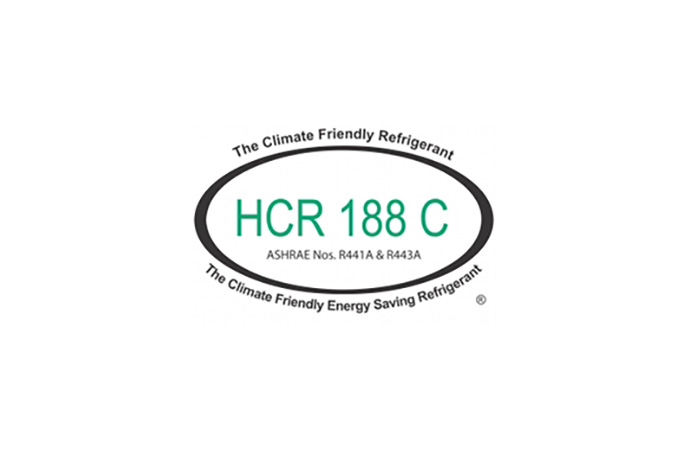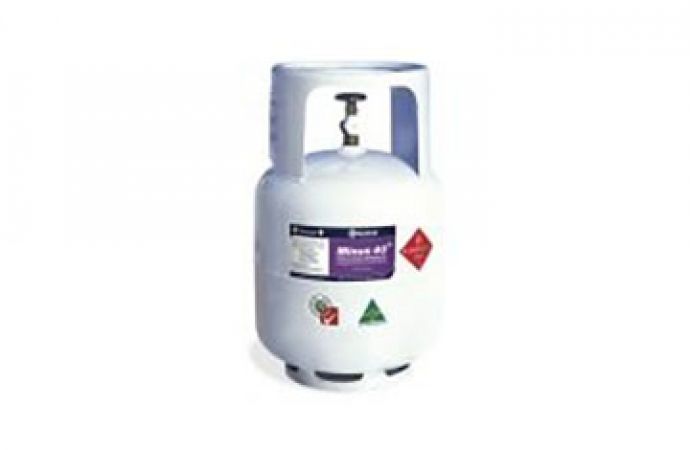In a webinar organised by UNEP OzonAction on 10 December, more than 30 representatives from National Ozone Units, professional associations, or the academic sector discussed the development of new HVAC&R technologies. A new publication “Refrigeration and Air Conditioning: The Road for New Generation Technologies” was also introduced.

On 10 December, the UNEP OzonAction Program organised a webinar titled “Refrigeration and Air Conditioning: The Road for New Generation Technologies”. The webinar offered participants an opportunity to discuss recent developments in new refrigeration and air conditioning technologies with industry experts. Several authors of a new publication “Refrigeration and Air Conditioning: The Road for New Generation Technologies” made keynote speeches in the webinar.
“Refrigeration and Air Conditioning: The Road for New Generation Technologies”
Marco Buoni from AREA presented the new publication “Refrigeration and Air Conditioning: The Road for New Generation Technologies”. The publication includes a series of articles written by key experts in the refrigeration and air conditioning sectors worldwide. In some articles, natural refrigerants are discussed as sustainable alternatives in new refrigeration and air conditioning technologies. The publication was launched in Geneva (Switzerland) in November. According to Mr Buoni, it will be distributed also to operators of refrigeration and air conditioning connected with United Nations and International Institute of Refrigeration and the 15th European Conference of Centro Studi Galileo.
Solutions in reducing the impact on global warming
Mr Coulomb, International Institute of Refrigeration, introduced several solutions in reducing the impact on global warming from HVAC&R technology:
- Choosing a low-GWP refrigerant: In terms of choosing alternative refrigerants, Mr Coulomb believed that natural refrigerants including ammonia, CO2, hydrocarbons, water and air are ideal alternatives as they all have a very low impact on global warming. Mixtures, combinations such like cascades and secondary fluids are also viable solutions that are being developed globally. He also stressed that the wide application of alternative technologies like absorption, adsorption, solar refrigeration, magnetic refrigeration, thermoelectric cooling, cryogenics (nitrogen, CO2) still require technological improvements. They are today only niche technologies. He commented that although Hydrofluorocarbons (HFCs), including Hydrofluoroolefins (HFOs) have no impact on the ozone layer but they have negative impact on global warming. He reminded the audience that HFCs emissions in 2050 could offset the achievements of the Montreal Protocol related to the phase-out of CFCs.
- Reducing leakage: has clear advantages in terms of savings and safety. Coulomb argued that training is the most important difficulty in this aspect.
- Reducing the refrigerant charge: reducing the charge amount of refrigerant closely relates to safety and cutting greenhouse gases emissions.
Minichannel devices for low charge refrigerating systems
Prof. Davide DelCole from the University of Padova, Italy introduced minichannel technology which could help alleviate safety challenges in applying hydrocarbon and ammonia refrigerants. Refrigerant charge minimisation would be one of the most important targets for HVAC&R applications to cope with new environmental challenges, and minichannel technology would be an appropriate option to reduce the charge of refrigerant, Prof DelCole stated. Moreover, it would minimize the problems associated with the release of potentially hazardous fluids to the atmosphere and allow for the use of natural fluids such as hydrocarbons and carbon dioxide. For natural refrigerants, such as hydrocarbons and ammonia, the minimisation of the charge is a key point to reduce global warming impact or even solve safety problems.
MORE INFORMATION
Related stories


